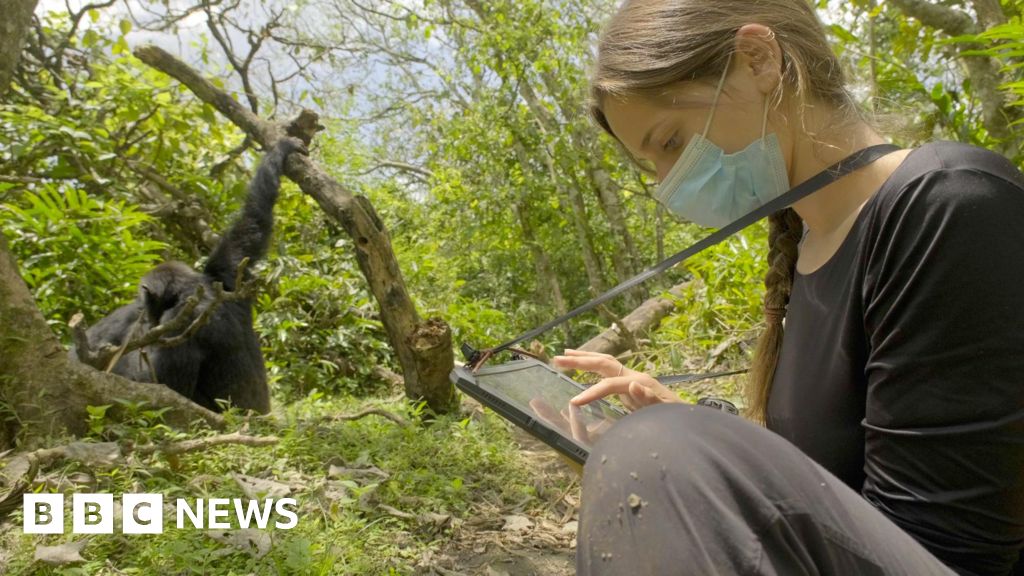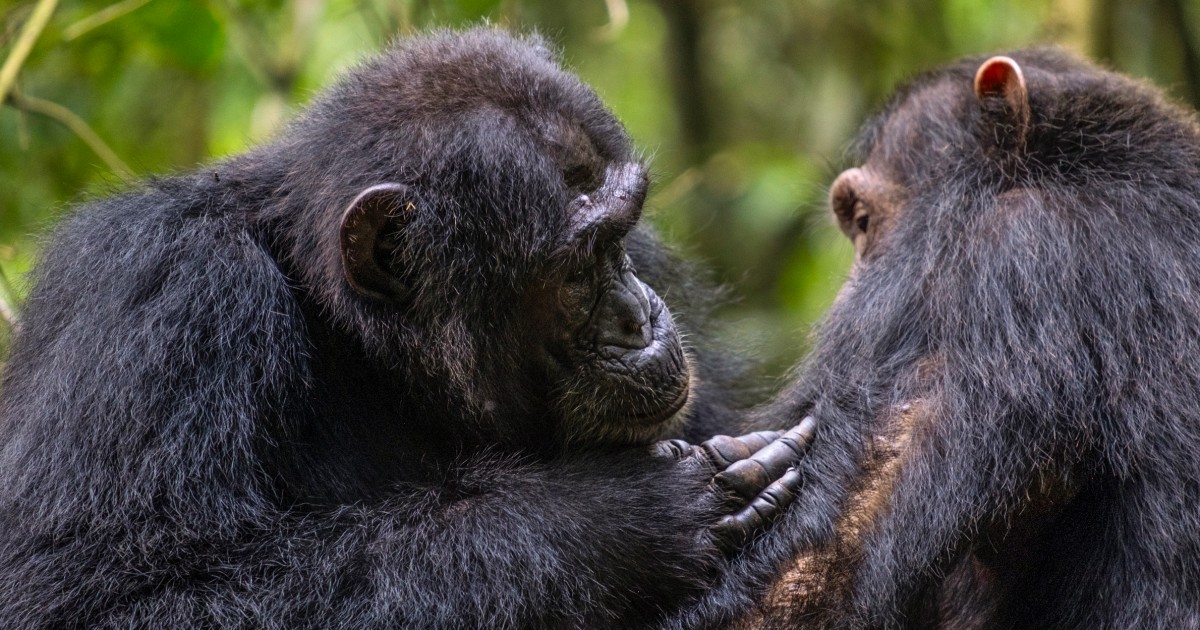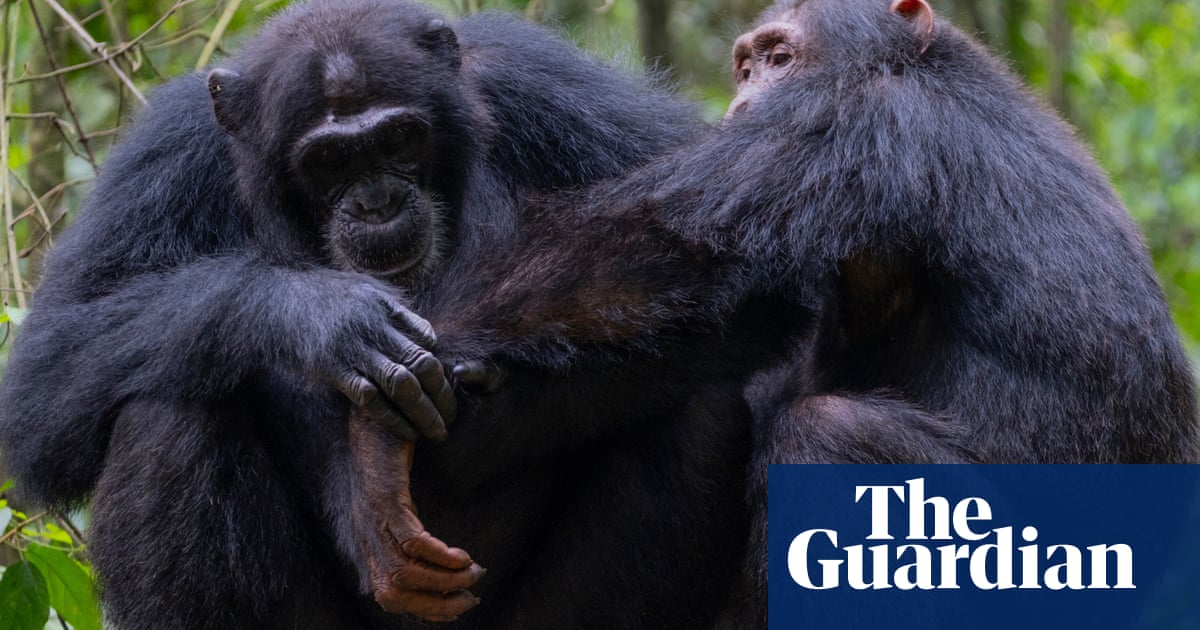Chimpanzees Exhibit Self-Medication and Empathy in Ugandan Forests
Researchers document chimpanzees in Uganda using medicinal plants for wounds and exhibiting care for each other, revealing insights into primate healthcare behaviors.
Subscribe to unlock this story
We really don't like cutting you off, but you've reached your monthly limit. At just $5/month, subscriptions are how we keep this project going. Start your free 7-day trial today!
Get StartedHave an account? Sign in
Overview
In Uganda's Budongo Forest, a study reveals chimpanzees use medicinal plants to self-treat wounds and care for others, indicating advanced behavioral empathy among primates. Researchers documented these actions, suggesting healthcare behaviors may have early evolutionary roots. The research highlights chimps' understanding of plant medicinal properties, with implications for human healthcare origins and future medicinal discoveries. Significant behaviors include self-medicating, aiding unrelated chimps, and hygienic practices after fights and mating. This underscores the common cognitive capacities shared between humans and chimpanzees.
Report issue

Read both sides in 5 minutes each day
Analysis
- Chimpanzees have been observed using medicinal plants for self-care and to aid others, providing insights into their health-related behaviors and suggesting similarities with human healthcare origins.
- Recent studies indicate that empathy and altruism may not be uniquely human traits, as chimpanzees care for each other even when not closely related, challenging traditional views of human exceptionalism.
- Research highlights that these care behaviors observed in chimpanzees could have deep evolutionary roots, suggesting that our common ancestors may have exhibited similar care for one another.
Articles (3)
Center (2)
FAQ
No FAQs available for this story.
History
- This story does not have any previous versions.


